Certainly One Day (1975)
Genre : Drama
Runtime : 1H 18M
Director : Bilge Olgaç
Synopsis
Based on Yılmaz Güney's script and filmed in semi-documentary style, the movie provides a fresh perspective on the history of labor issues in 1970s.
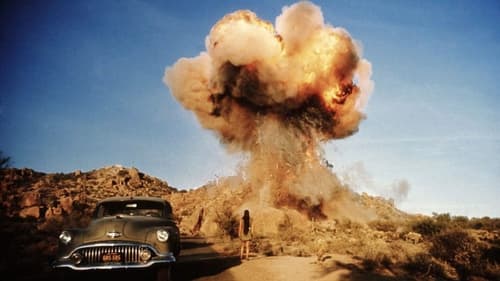
Anthropology student Daria, who's helping a property developer build a village in the Los Angeles desert, and dropout Mark, who's wanted by the authorities for allegedly killing a policeman during a student riot, accidentally encounter each other in Death Valley and soon begin an unrestrained romance.
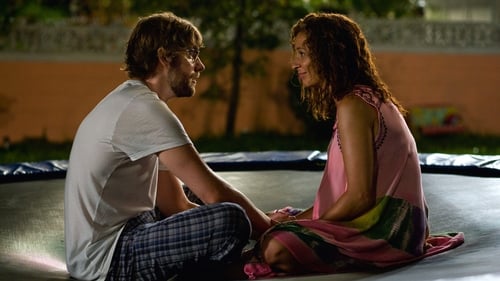
Verona and Burt have moved to Colorado to be close to Burt's parents but, with Veronica expecting their first child, Burt's parents decide to move to Belgium, now leaving them in a place they hate and without a support structure in place. They set off on a whirlwind tour of of disparate locations where they have friends or relatives, sampling not only different cities and climates but also different families. Along the way they realize that the journey is less about discovering where they want to live and more about figuring out what type of parents they want to be.
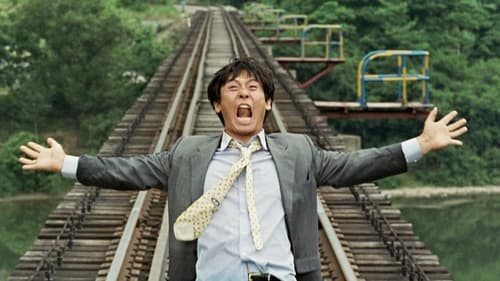
In the spring of 1999, a group of old friends gather to celebrate their 20 year reunion. Among the group is Yeong-ho, a cold, unhappy man, whose demeanor puts a damper on the festivities. The seriousness of Yeong-ho's depression becomes apparent when he climbs a railroad bridge and looks like he might jump. At this crucial moment, memories of seven crucial episodes from Yeong-ho's past flood his mind.

A reckless student contemplates terrorism in a prescient film that confirmed Shinoda as a fearless member of Shochiku’s iconoclastic New Wave. At the height of student protests, Shimojo (Shinichiro Mikami) takes his aggressions to another level, beset by seemingly insoluble feelings of alienation.

Barbara (Monica Vitti) is a journalist investigating the local counterculture who becomes involved, after an unpleasant start of battery and stalking, with Pierre Clémenti's louche all-around dropout.
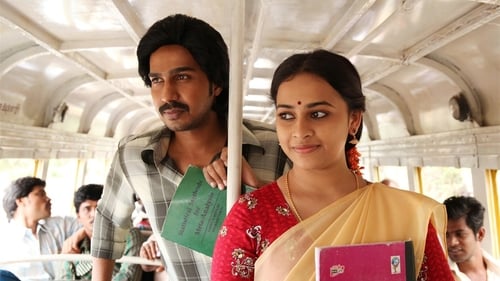
A state topper from a lower caste goes missing after an upper caste cop picks him up for questioning. What has happened to him?

As Mexico prepares to host the 1968 Olympics, students and civilians are uniting on the streets to protest the authoritarian government. Tensions are running high and the eyes of the world are on Mexico and President Gustavo Diaz Ordaz. Ana Maria, a student photographer and daughter of a high-ranking official, finds herself embroiled in the movement and is swept off her feet by Félix, a working-class architecture student. This film remembers the events that led to one of the darkest chapters in Mexico’s recent history: the massacre at Tlatelolco, 10 days before the opening of the Olympic Games.

The film speaks of student demonstrations in Belgrade, 1969 and of the critical quality, enthusiasm and discipline of this form of protest. It was the most powerful public criticism of "red bourgeoisie" - members of communist apparatus, who suppressed creativity and affirmation of new generations throughout Eastern block.

In this story set in near future, a group of young rebels, hippies and 1968 protesters want to cede and make an independent Island from the Mainland. A journalist who came to the Island to make a report about political summit that takes place there gets involved in the clash between young rebels and establishment.

Andrea Pomeraro, a history teacher, has an affair with a student who then blackmails him. Attempting to retrieve the incriminating photos, he accidentally becomes the head of the student revolt and ends up in jail.
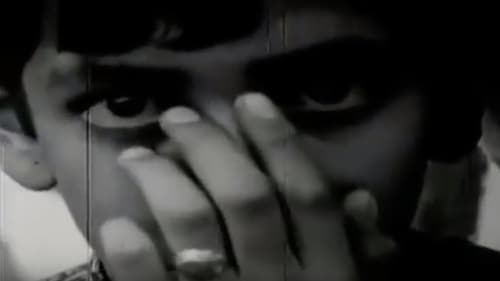
In the summer of revolt 1968, student Leobardo López Aretche captured the protests in Mexico City, and the state’s brutal response, up close – and like many of his subjects and fellow comrades, would pay a high price for his audacity. Fifty years later, his movie is no longer a secret.

The Wages of Resistance is a feature-length documentary film that portrays an "extended span of time" of the protests against building Narita International Airport which have continued from the 1960's to today through documenting monologues of those whose lives were twisted by the movement.
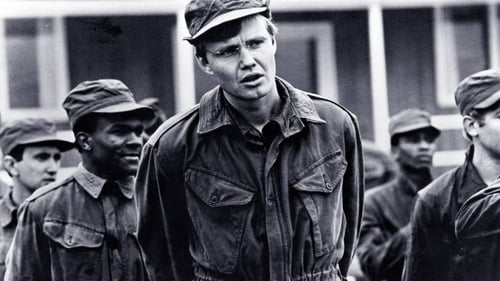
"A", a member of a student protest organization, becomes disenchanted by his group's inability to effect real change. Emboldened to pursue more radical methods by the older, experienced leftist organizer Despard, "A" unwittingly becomes party to a labor strike that turns violent. Ultimately held responsible by the authorities for the fracas, "A" allies himself with terrorist Leonard, who intends to avenge those jailed in the protest.
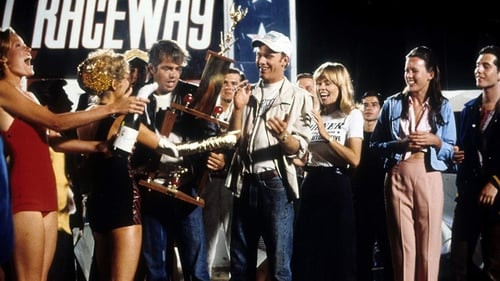
College graduates deal with Vietnam and other issues of the late '60s.
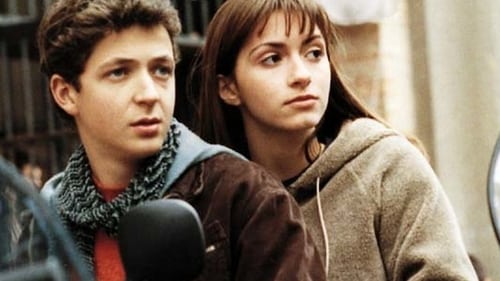
Teenage problems intertwine during the occupation of a high school in Rome. Silvio – much like his peers desperate to lose his virginity – wants to make his move on the girl he likes, despite her being already his friend's girlfriend, not knowing that her best friend harbors feelings for him – while clashing also with his parents, former 1968 protesters who look down on the kids' aimless political commitment.
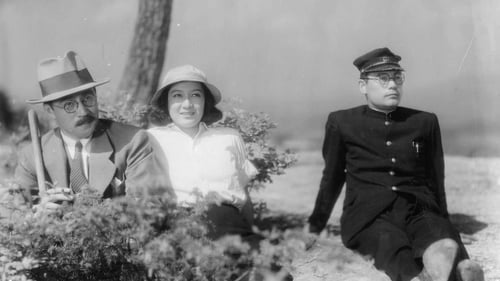
Yukie, the well-bred daughter of a university professor, is shocked when her father is relieved of his post for his political teachings during a purge of anti-militarism in pre-war Kyoto. Years go by as she is courted by two of her father's former students; one a fiery leftist, the other more moderate and equable.
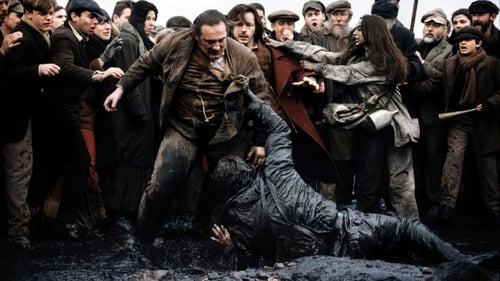
It's mid 19th century, north of France. The story of a coal miner's town. They are exploited by the mine's owner. One day the decide to go on strike, and then the authorities repress them





















